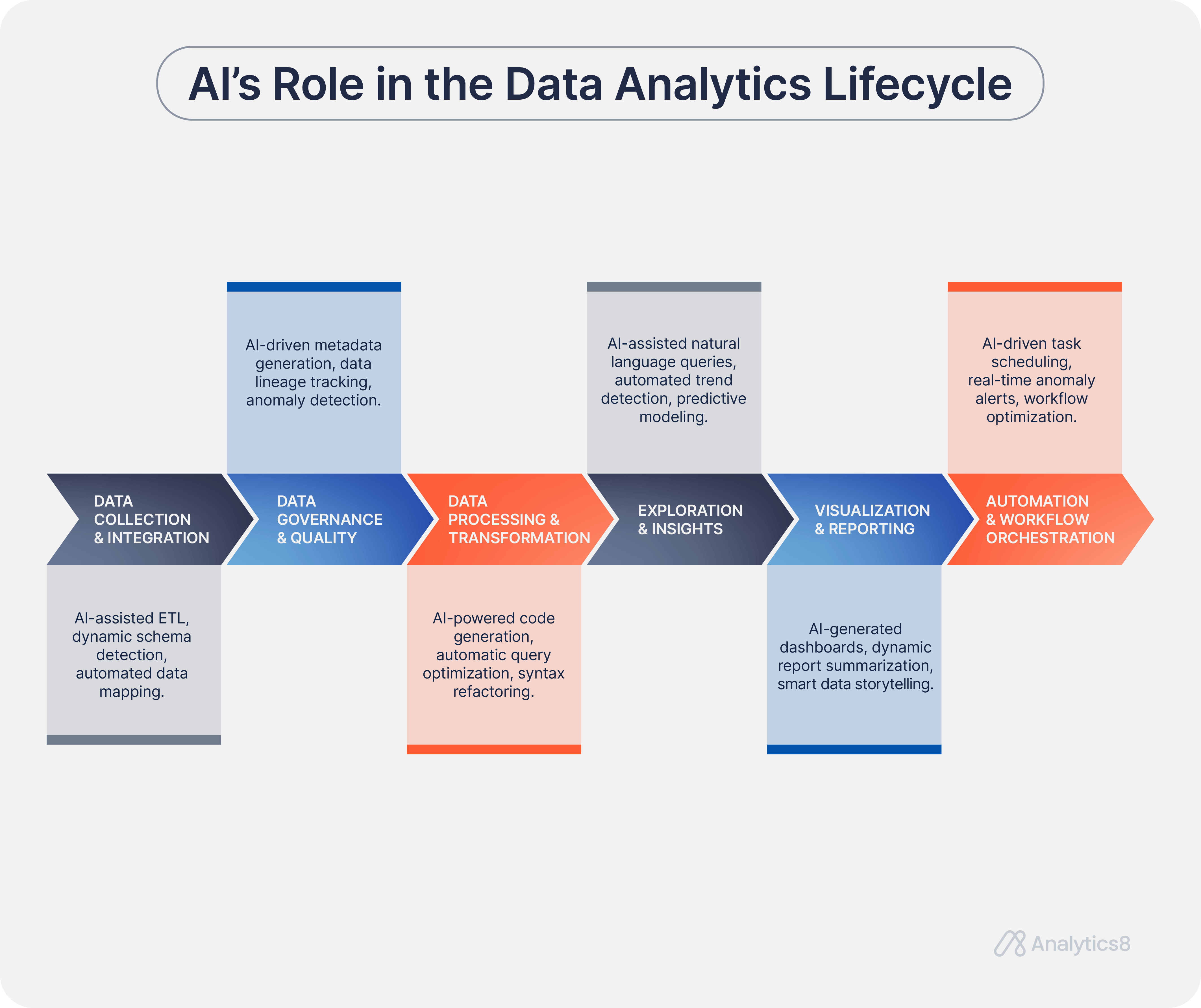Bluesky's User-Controlled Data Permissions: Putting Privacy First
As social media continues to evolve, Bluesky's new proposal is set to transform the way your data is handled. In a time where concerns around AI and privacy are on the rise, Bluesky is taking steps to put control back in your hands. Through the introduction of user-controlled data permissions, the platform is addressing key issues such as generative AI, protocol bridging, and web archiving. This shift has the potential to significantly impact your online experience and the overall digital landscape. Let's delve into the details of this innovative proposal and its implications on your digital footprint and the future of social networking.

User-Controlled Data Permissions Overview
Bluesky's innovative proposal aims to empower users by offering granular control over how their data is utilized. This groundbreaking approach directly tackles concerns surrounding data privacy and AI training practices in today's digital era.
The proposed system allows users to specify their preferences in four essential areas:
- Generative AI: Users can determine whether their data is used for training AI models.
- Protocol bridging: Control over data sharing between various social media platforms.
- Bulk datasets: Permission for inclusion in large-scale data collections.
- Web archiving: Consent for preserving content in public web archives.
Challenges and Considerations
While Bluesky's proposal is promising, its implementation poses several challenges:
- Enforceability: The effectiveness of these permission signals relies on external entities voluntarily respecting user preferences.
- Technical complexities: Developing a user-friendly interface to manage these permissions and ensuring seamless integration with the platform's architecture.
- Balancing interests: Striking a balance between user privacy, data accessibility for innovation, and the platform's growth requirements.

Despite these hurdles, Bluesky's initiative signifies a significant move towards user-centric data governance in the evolving landscape of social media and AI technologies.
Distinct Categories of Data Usage
Bluesky's proposal introduces four distinct categories of data usage to address specific concerns in the digital realm:
- Generative AI: Empowering users to control the use of their content for training AI models.
- Protocol bridging: Enabling data sharing control across social platforms.
- Bulk datasets: Balancing research needs with individual privacy concerns.
- Web archiving: Allowing users to decide on the preservation of their online content.
Debate and Future Implications
Bluesky's proposal has sparked a heated debate within the tech community. While some view it as a positive step towards user autonomy, others remain skeptical about its enforceability.
This initiative aligns with Bluesky's commitment to decentralization and user empowerment. By enabling individuals to specify their data usage preferences, the platform is setting a new standard for privacy in social media. However, concerns exist regarding the practical implementation and potential monetization of user data.

As the industry navigates the complexities of AI and data privacy, Bluesky's approach stands as a valuable case study for the future of user-controlled data permissions.
While challenges around enforceability persist, Bluesky's initiative marks a significant milestone in the ongoing discourse on data rights and AI ethics. By giving users explicit control over their data, the platform is paving the way for more transparent and ethical AI development processes.
Conclusion
Bluesky's user-controlled data permissions proposal signifies a transformative shift in social media. By prioritizing user empowerment and privacy, the platform is setting a new standard for data usage in the digital age, potentially influencing industry practices.
As the dialogue around data privacy and AI ethics continues, stay informed and engaged with these developments that shape the future of online interactions and data management.










